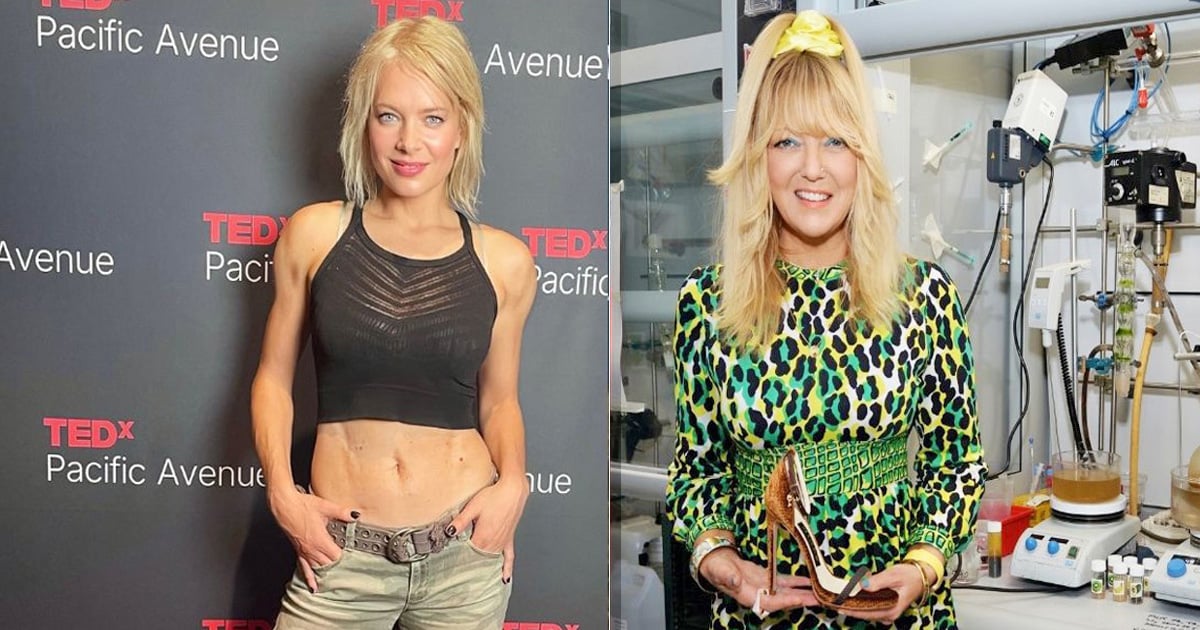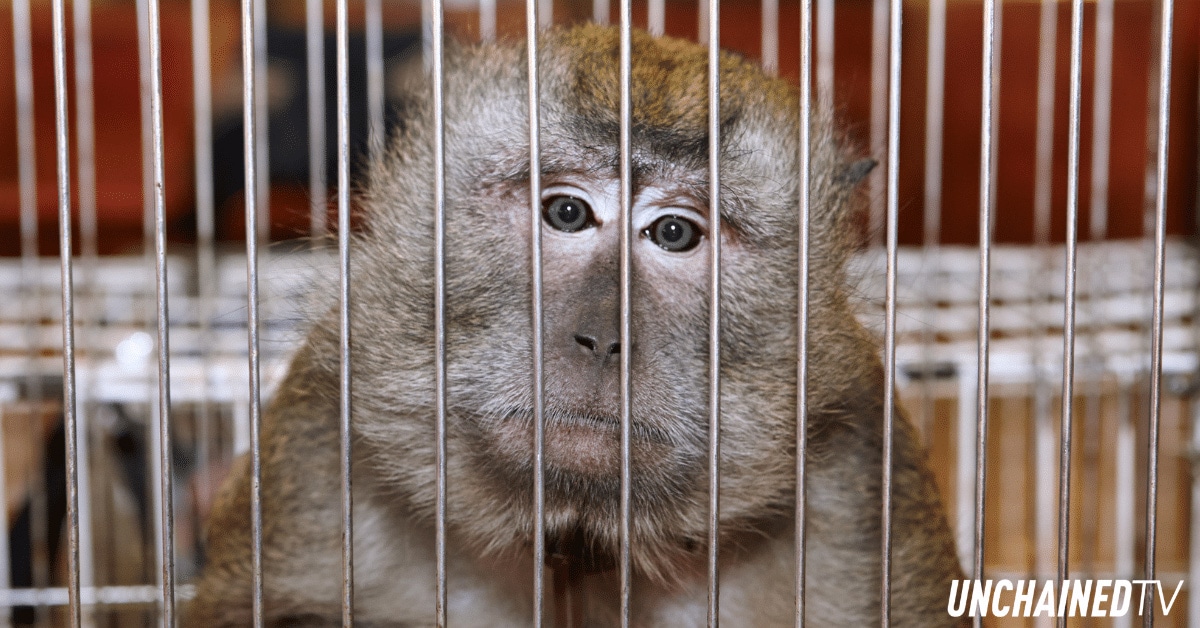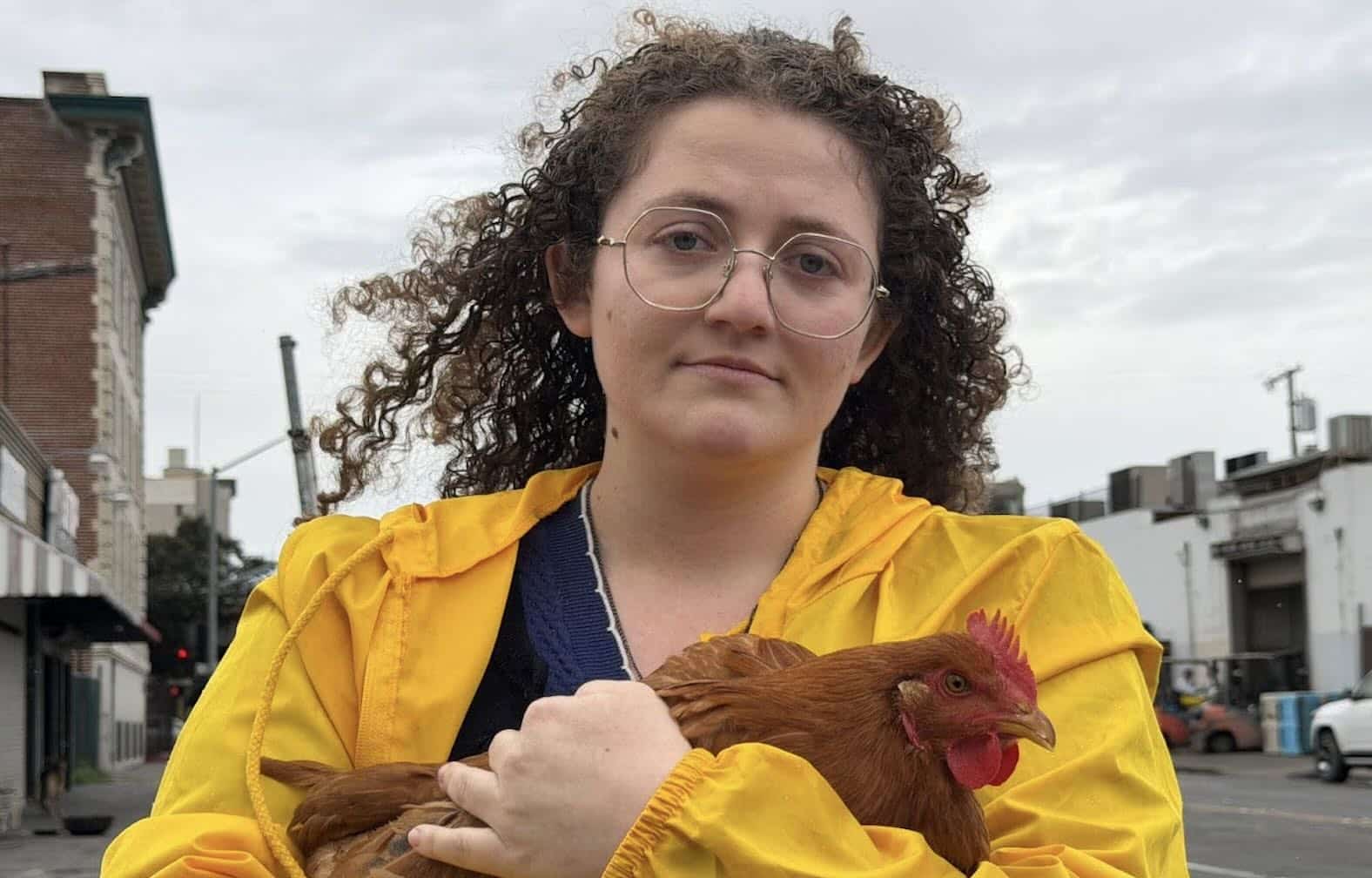Will the NIH’s New Center Finally Replace Animal Testing?
Share This
The NIH’s $87M Standardized Organoid Modeling Center could help replace animal testing with human-relevant science, offering faster and more compassionate breakthroughs.

Money in a lab, photo from PETA
Los Angeles, October 4th, 2025 — The National Institutes of Health (NIH) has announced the creation of the Standardized Organoid Modeling Center, sparking optimism that this move could ultimately lead to replacing animal testing in biomedical research with more modern, cruelty-free methods. With $87 million in initial funding, the center represents a major federal investment in human-relevant methods such as organoid technology. This initiative, welcomed by PETA and other anti-vivisection advocates, promises to save countless animals while providing faster, more reliable results for patients, raising hopes that a more compassionate and effective era of research is finally beginning.
A Historic Investment in Human-Relevant Science
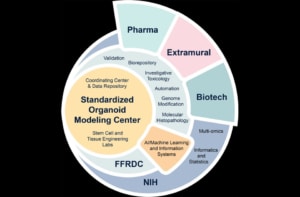
SOM graphic, photo NIH
On September 25, 2025, the NIH formally launched the country’s first dedicated organoid development center. The agency described it as a national resource for advancing cutting-edge biomedical research methods that do not rely on animal testing. For decades, experiments on animals have been criticized for being not only cruel but also scientifically unreliable, as animal models often fail to predict human outcomes. This $87 million initiative signals a strong shift in priorities.
The NIH is the world’s largest funder of biomedical research, directing more than $45 billion annually to institutions worldwide. Its mission is to seek fundamental knowledge about living systems and apply that knowledge to reduce illness and disability. By investing in organoid technologies — tiny, lab-grown models that mimic human organs — the NIH may end up making research both more ethical and more effective for human health, assuming this helps to replace animal testing.
This recognition underscores the growing realization that traditional methods are no longer sufficient. PETA neuroscientist Dr. Emily Trunell praised the move in unequivocal terms. “PETA today praises the National Institutes of Health (NIH) Director Jay Bhattacharya and Nicole C. Kleinstreuer, acting deputy director, for this important and historic step toward sound biomedical research, proving that the pursuit of science need not be devoid of compassion”.
Watch “CDC Under Fire: TB Monkey Crisis”
Animal Testing in Decline
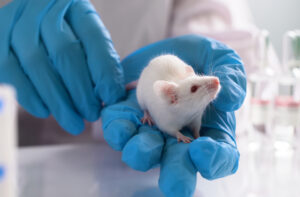
Testing drugs and vaccine on mice. By filin174 via Adobe Stock Images
The push for alternatives to animal testing has been building for decades, with increasing pressure from scientists, campaigners, and lawmakers. Animal studies, despite widespread use, have a poor track record in predicting human responses. Failures in translation have wasted billions in funding while perpetuating suffering in laboratories. Critics argue the status quo has long been “painful and worthless,” offering little value for human medicine.
The new NIH center directly addresses these concerns by supporting methods that are inherently human-based. Organoids replicate the cellular structures of human tissues, enabling more accurate drug testing, disease modeling, and therapeutic discovery. Scientists can study how treatments affect human-like systems without the ethical and scientific pitfalls of animal experimentation. This paradigm shift is expected to not only accelerate discovery but also improve reproducibility in research.
This recognition of reproducibility challenges gives greater weight to Trunell’s statement. She stressed the potential impact, saying, “Make no mistake, this center will save countless animal lives while developing reproducible research methods that will lead to far quicker positive results for human patients in need”.
Watch PETA’s Kathy Guillermo, Senior VP for Laboratory Investigations, talking about her anti-vivisection campaigning:
The Next Step: Legislative Change to Replace Animal Testing

Physiomimetic technology. Organs on a chip. 3d rendering By vrx123 via Above Stock Images
While welcoming the NIH’s new direction, PETA emphasized that this is just the beginning. The organization urged Congress to support its Research Modernization NOW plan, which maps a full transition from animal testing toward exclusively human-relevant methods. This plan includes proposals to phase out animal experiments that fail to deliver useful results for humans, redirecting funds toward technologies like organoids, computer modeling, and tissue-on-a-chip platforms.
In addition, PETA called for the passage of the Cease Animal Research Grants Overseas (CARGO) Act. This legislation would halt NIH’s practice of funding experiments on animals outside the United States, further reinforcing the commitment to modern, ethical research. If passed, the CARGO Act could prevent millions of taxpayer dollars from perpetuating animal suffering in foreign laboratories while ensuring accountability for U.S. investments in science.
Without these measures, the shift could stall, but PETA sees real promise. As Dr. Trunell noted, “PETA lobbied the agency for exactly this common-sense move in 2023, and the new administration is taking concrete steps to implement its bold and necessary vision for shifting biomedical research away from pointless and cruel experiments on animals.” For activists, legislative backing will be the crucial next milestone in this movement.
The question remains: will this be the beginning of the end for animal experiments, or only a partial step? Advocates argue that the combination of federal leadership, scientific innovation, and legislative reform could transform biomedical research into a more humane, effective enterprise. The center’s success could prove that the best science is not only advanced and accurate but also rooted in compassion. In this way, the NIH’s bold new program may truly help to replace animal testing with methods that honor both human patients and animals.
Watch “Let’s End Cruel Monkey Experiments Now & Forever!
Share This
Latest News
Stay Tuned In
Be the first to know when new shows drop! Plus, get the hottest headlines, inspiring stories, and behind-the-scenes extras. Sign up and keep streaming!
you might also like
Virtuous Vittles is a vegan dog food that has a meaty texture dogs love. They might just think it's meat. Briana Schweizer and Lisbeth Merrill Los Angeles, February 19th, 2026 — Virtuous Vittles [...]
Two American Vegan Powerhouse Women unveil bold new ventures in fitness, food and fashion. Jane Velez-Mitchell, Nina Bergman, and Rebecca Mink Los Angeles, February 17th, 2026 — The latest episode of UnchainedTV’s Truth [...]
BREAKING: OHSU Board Votes to Begin Negotiations to End Monkey Experiments, Transition Center to Sanctuary In a significant development for animal research policy, the Oregon Health & Science University (OHSU) Board of Directors has voted [...]





